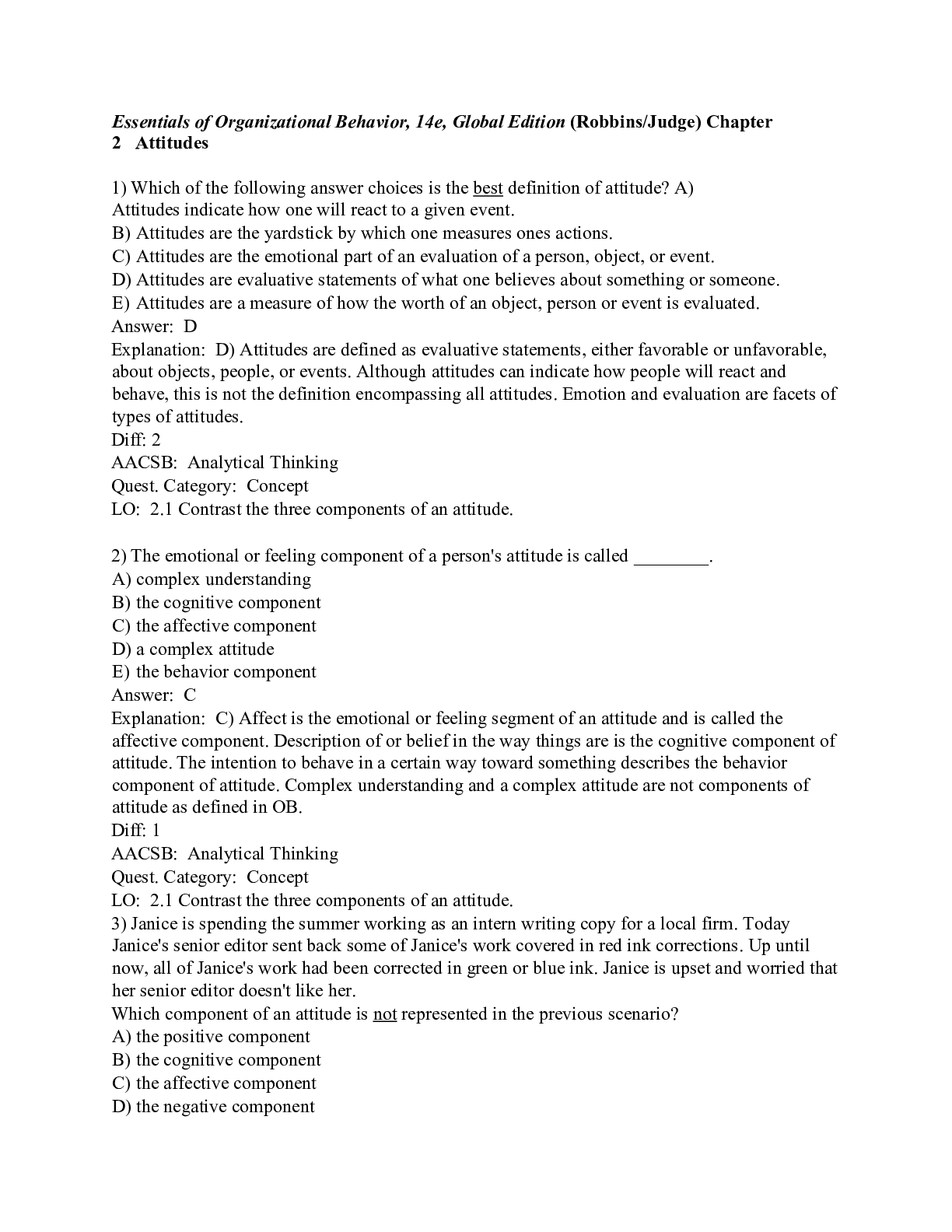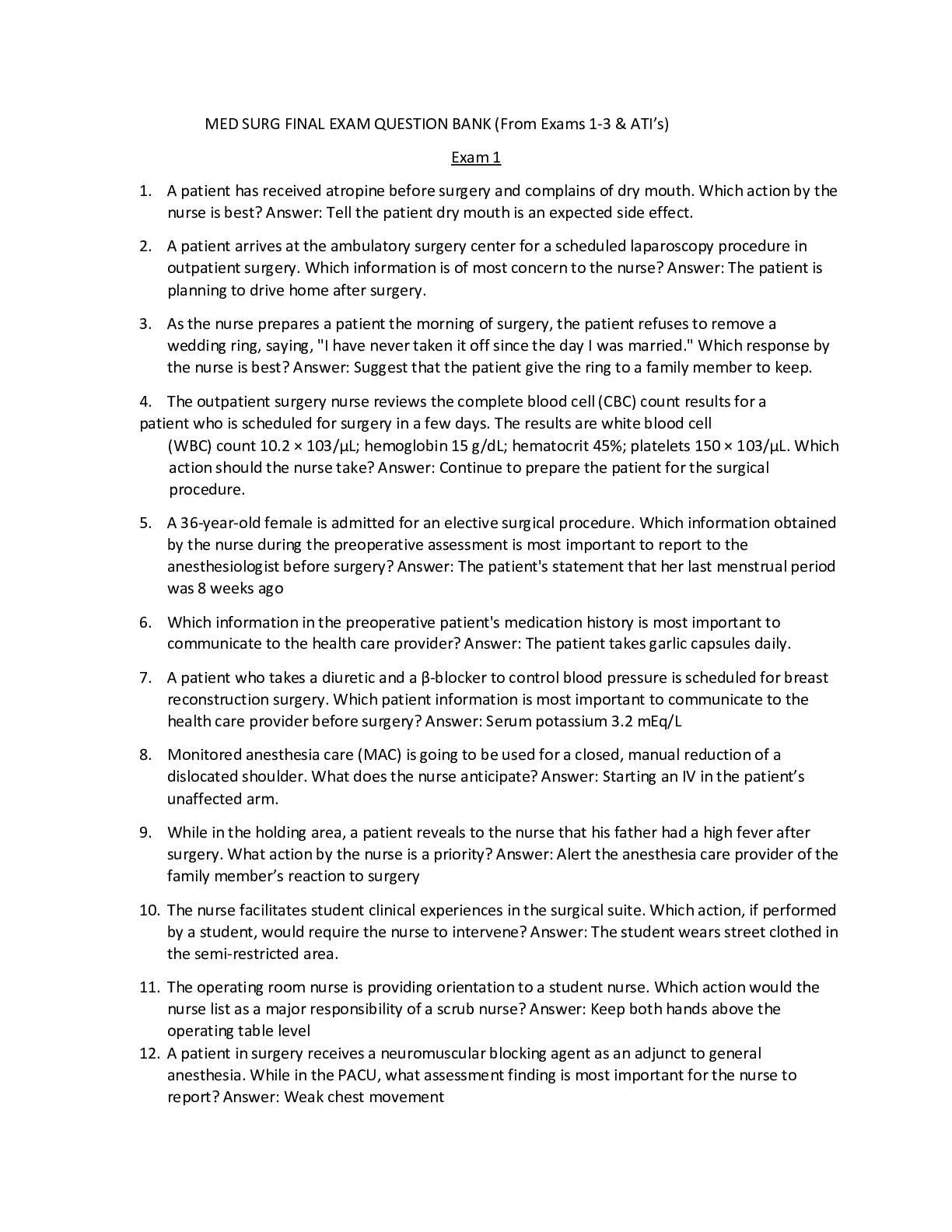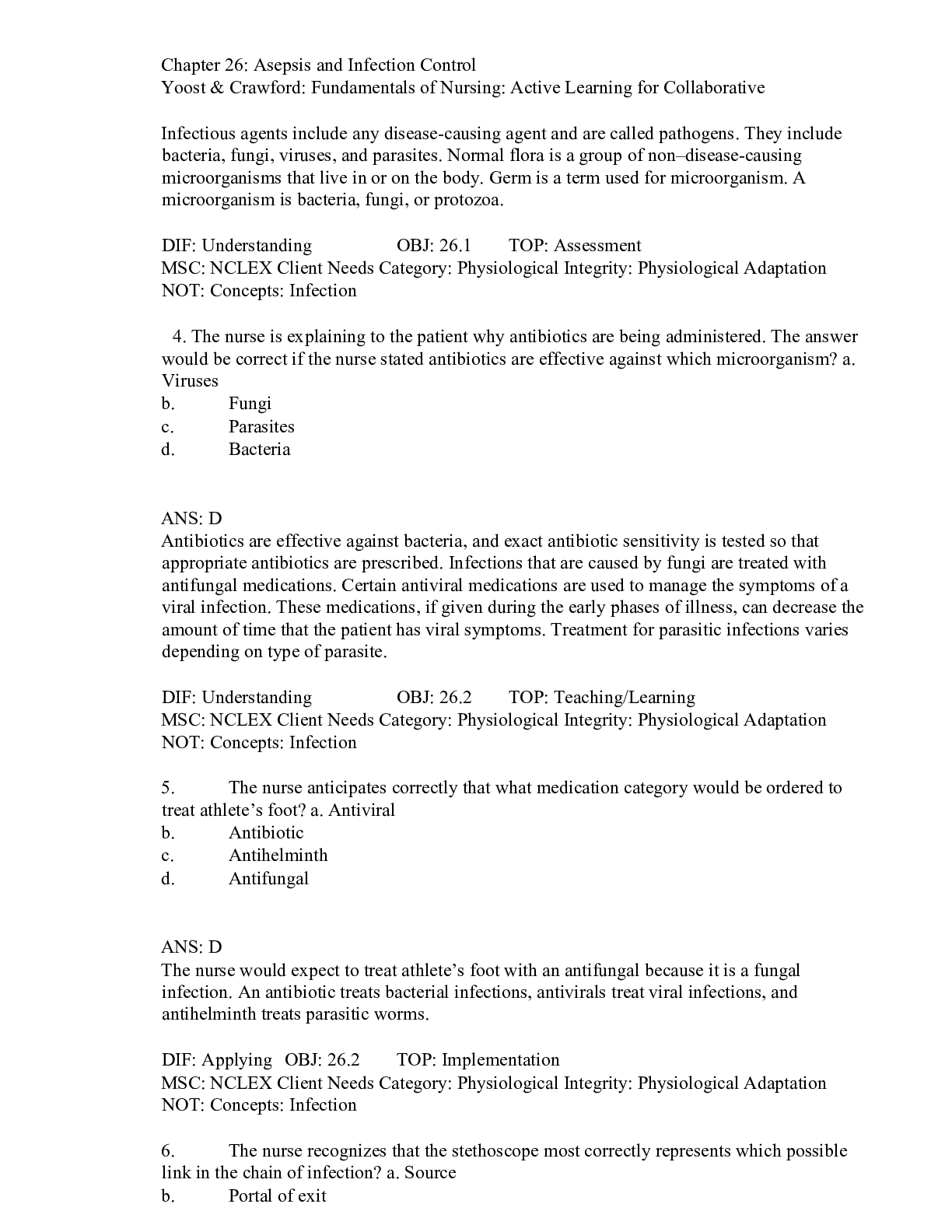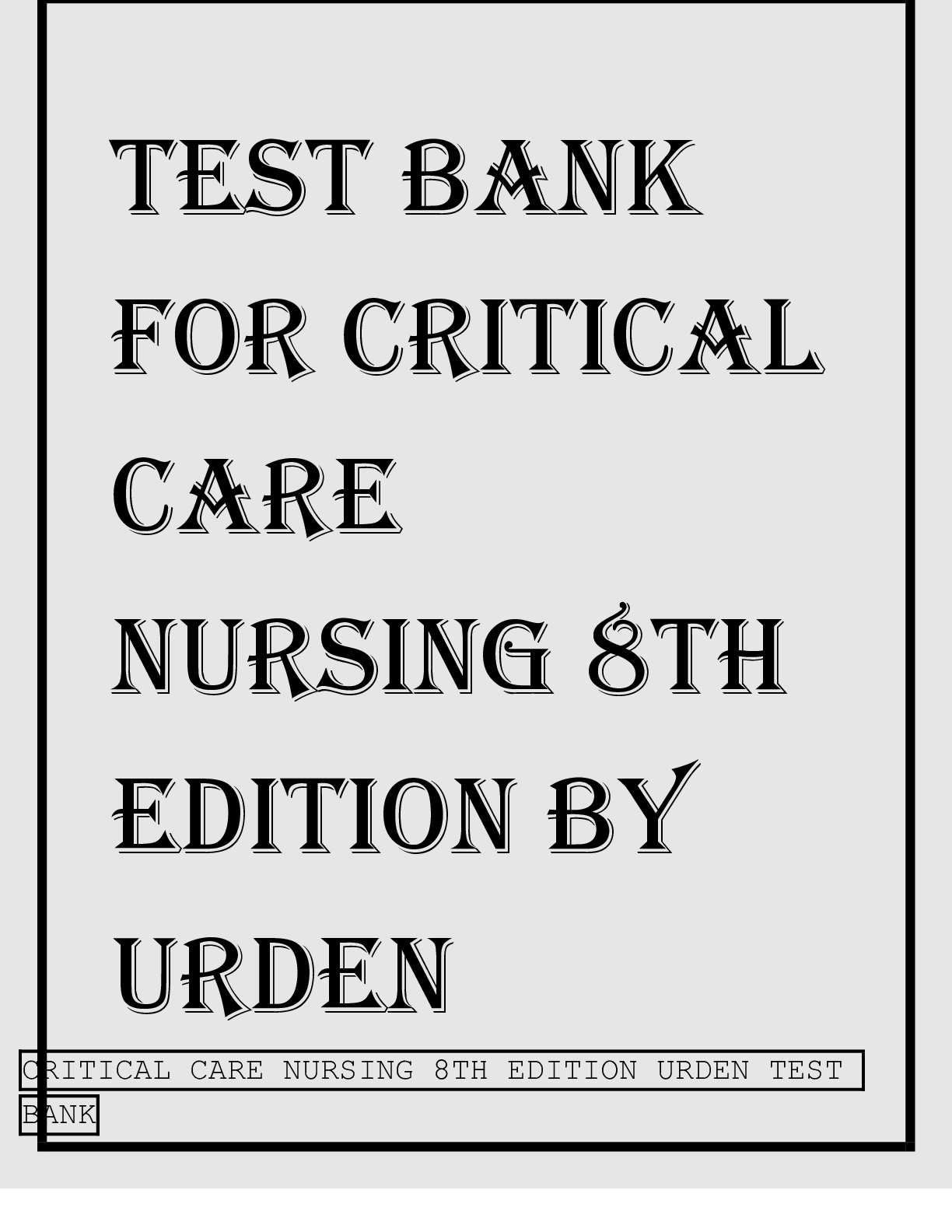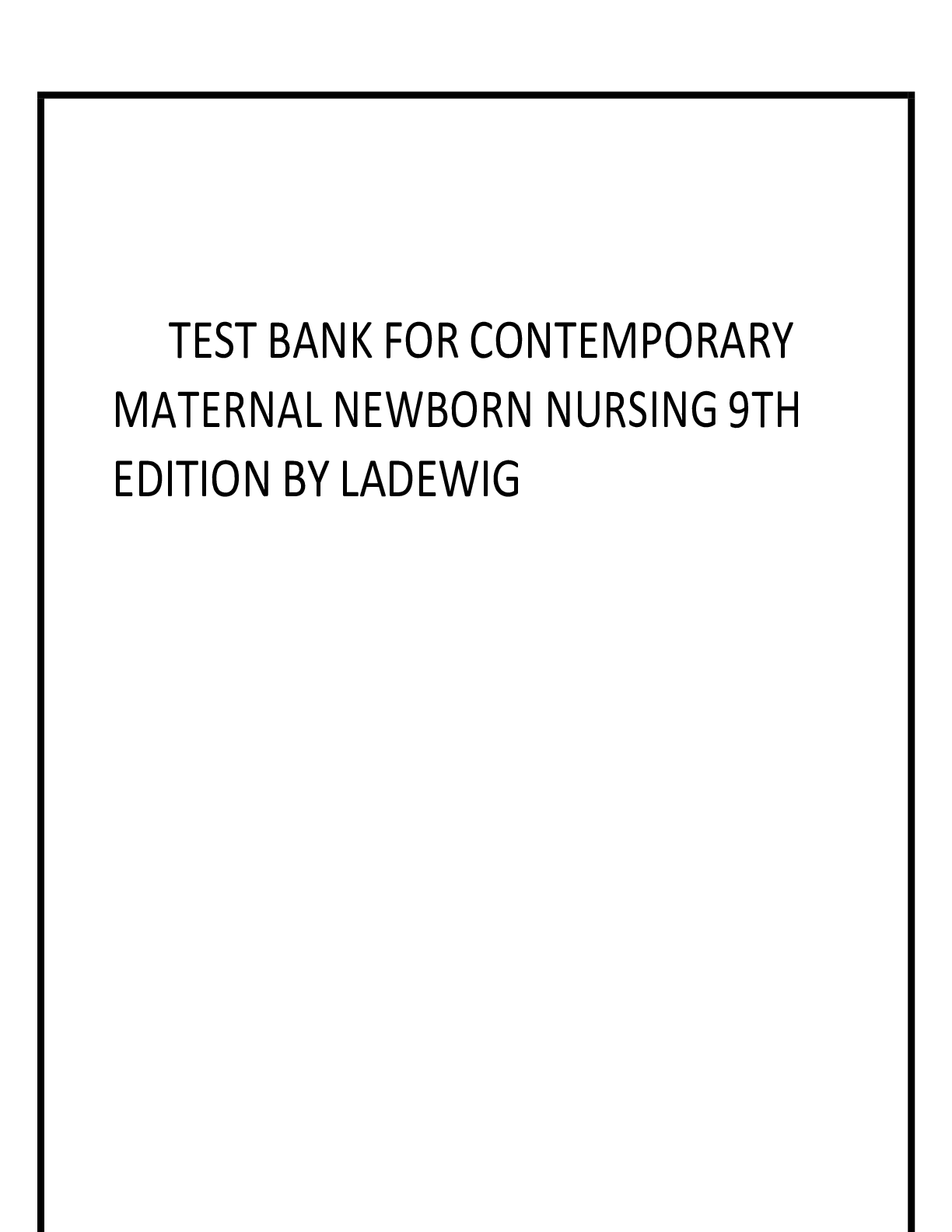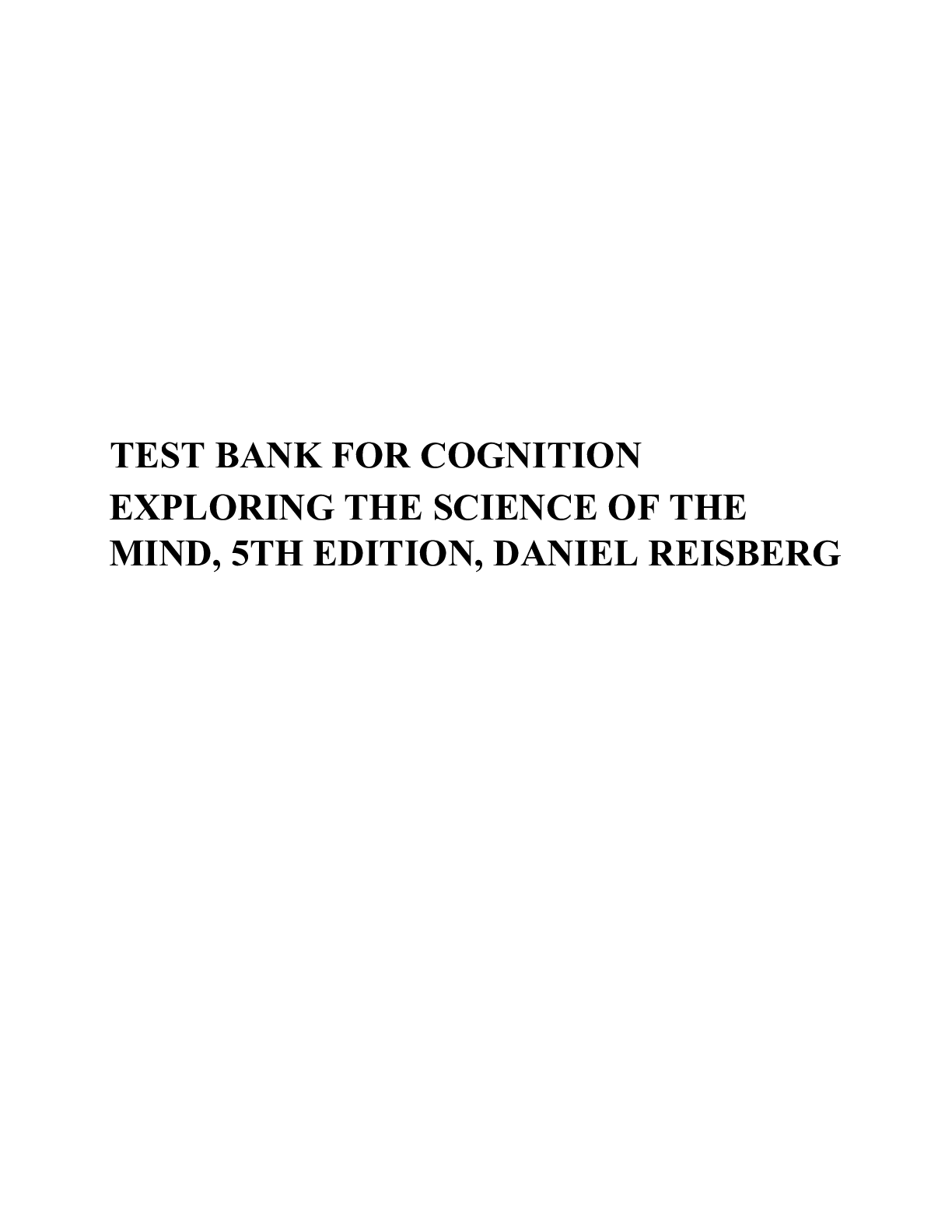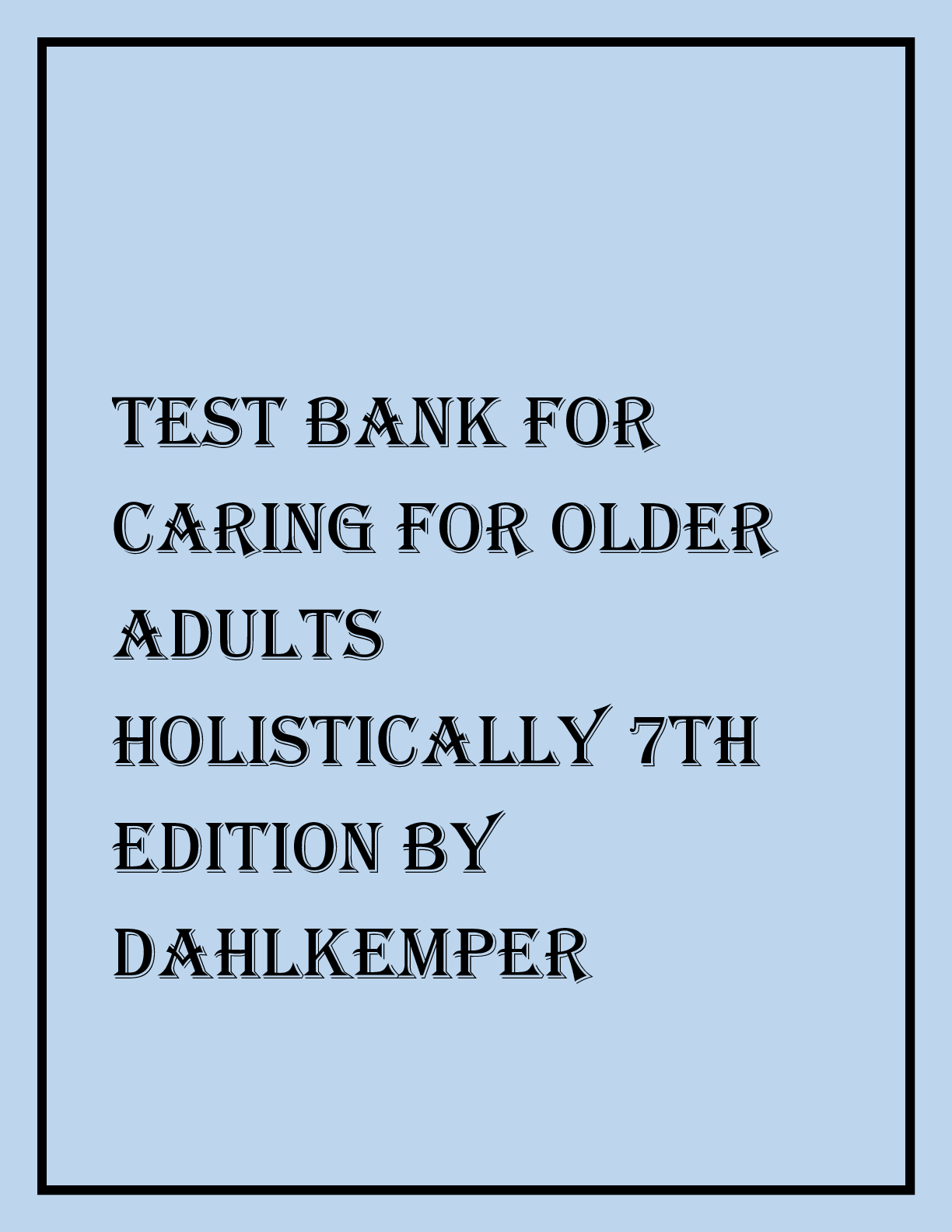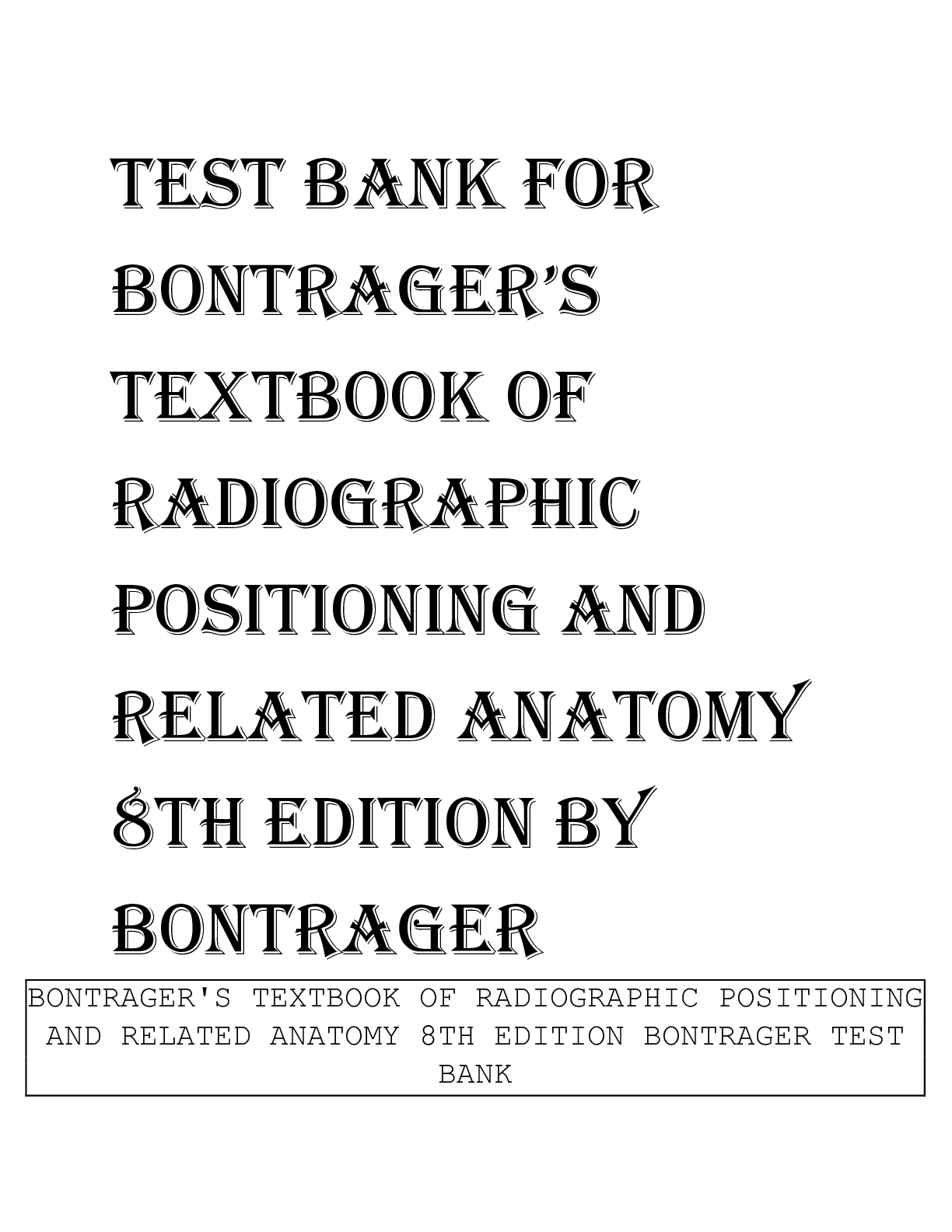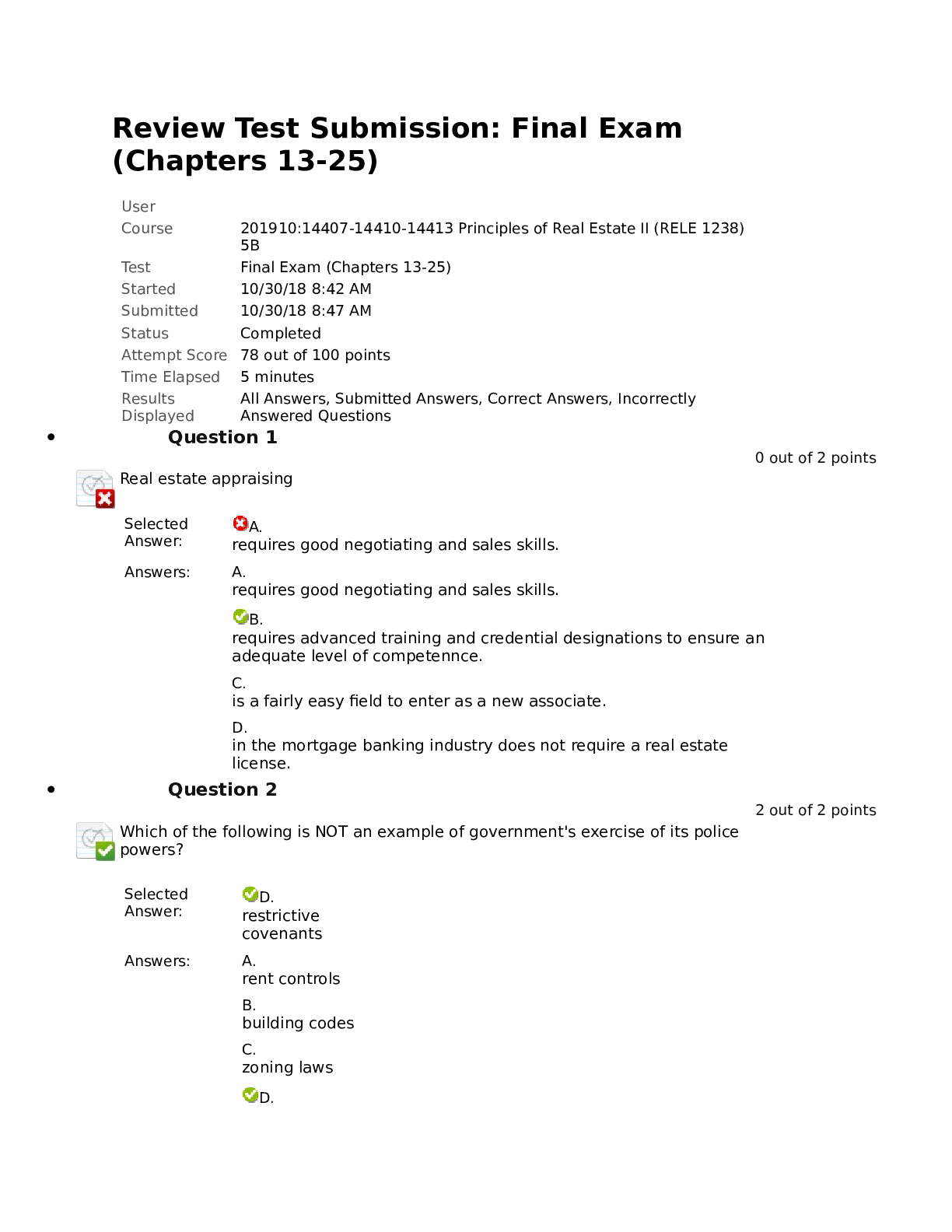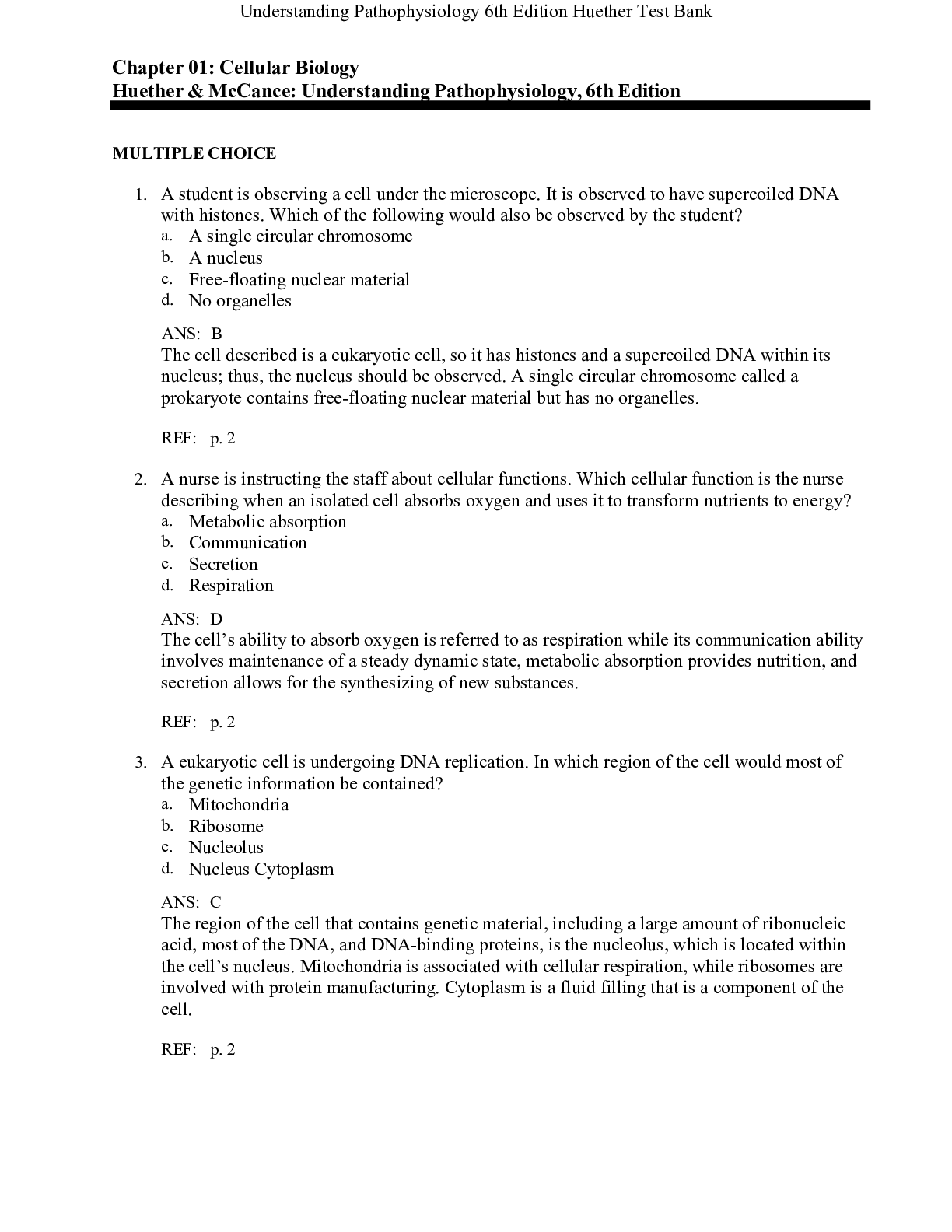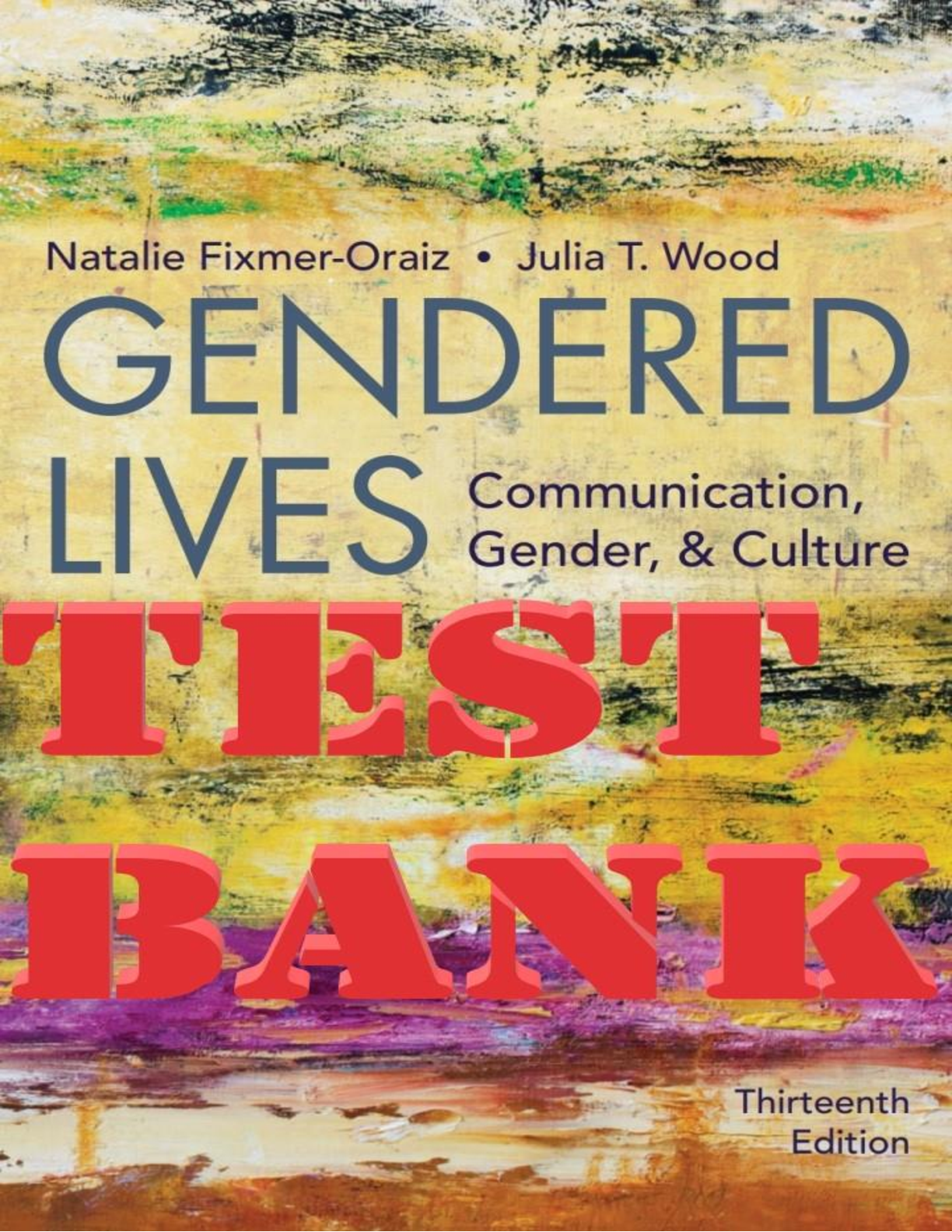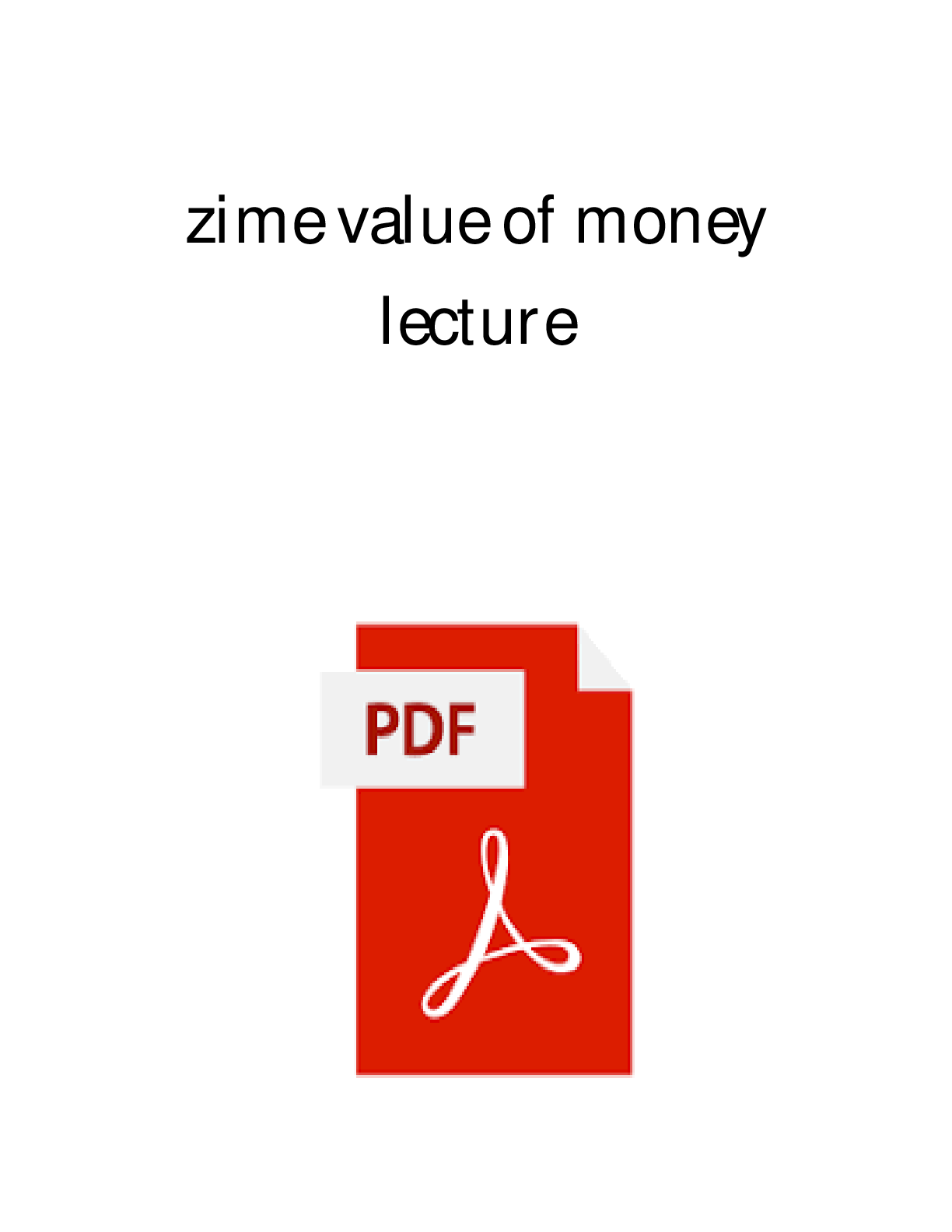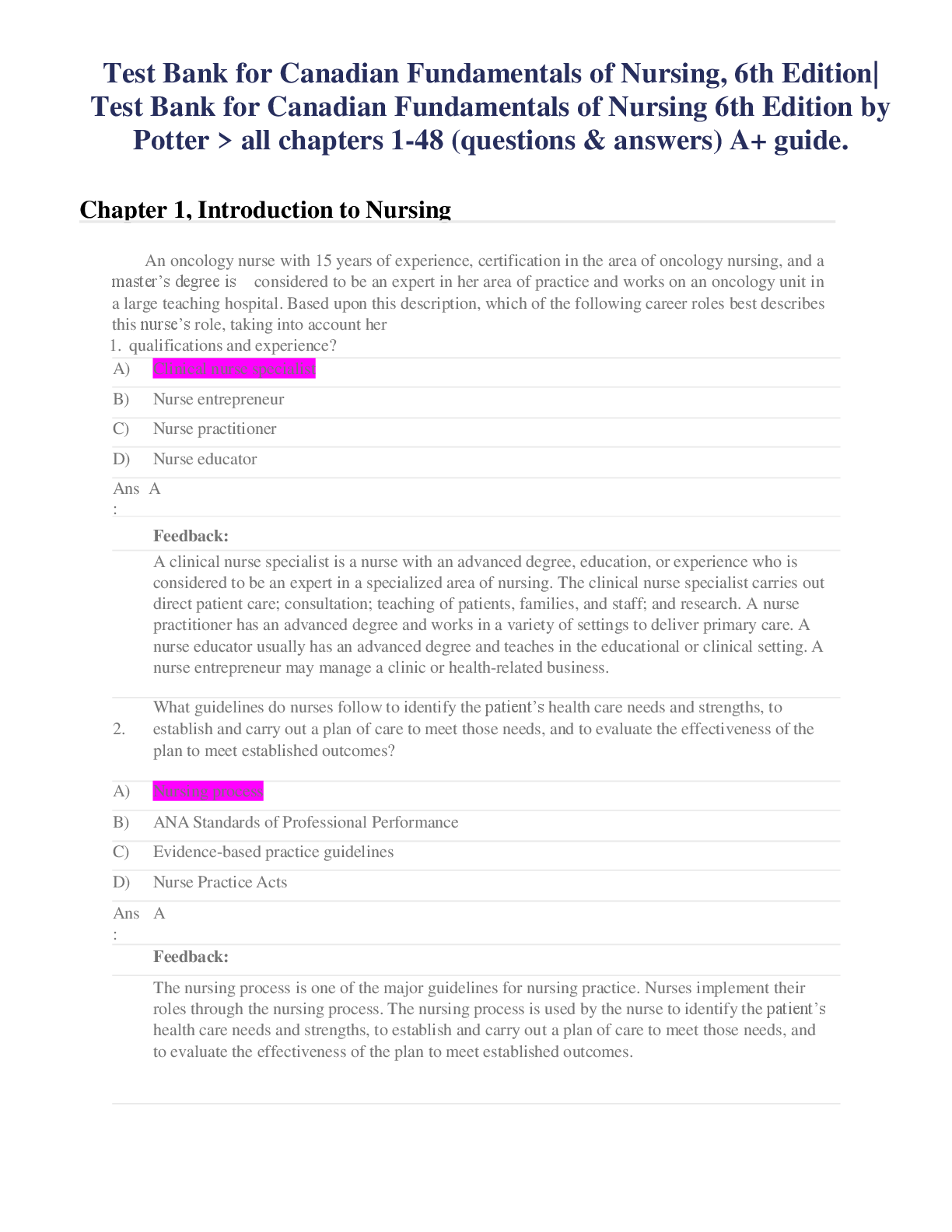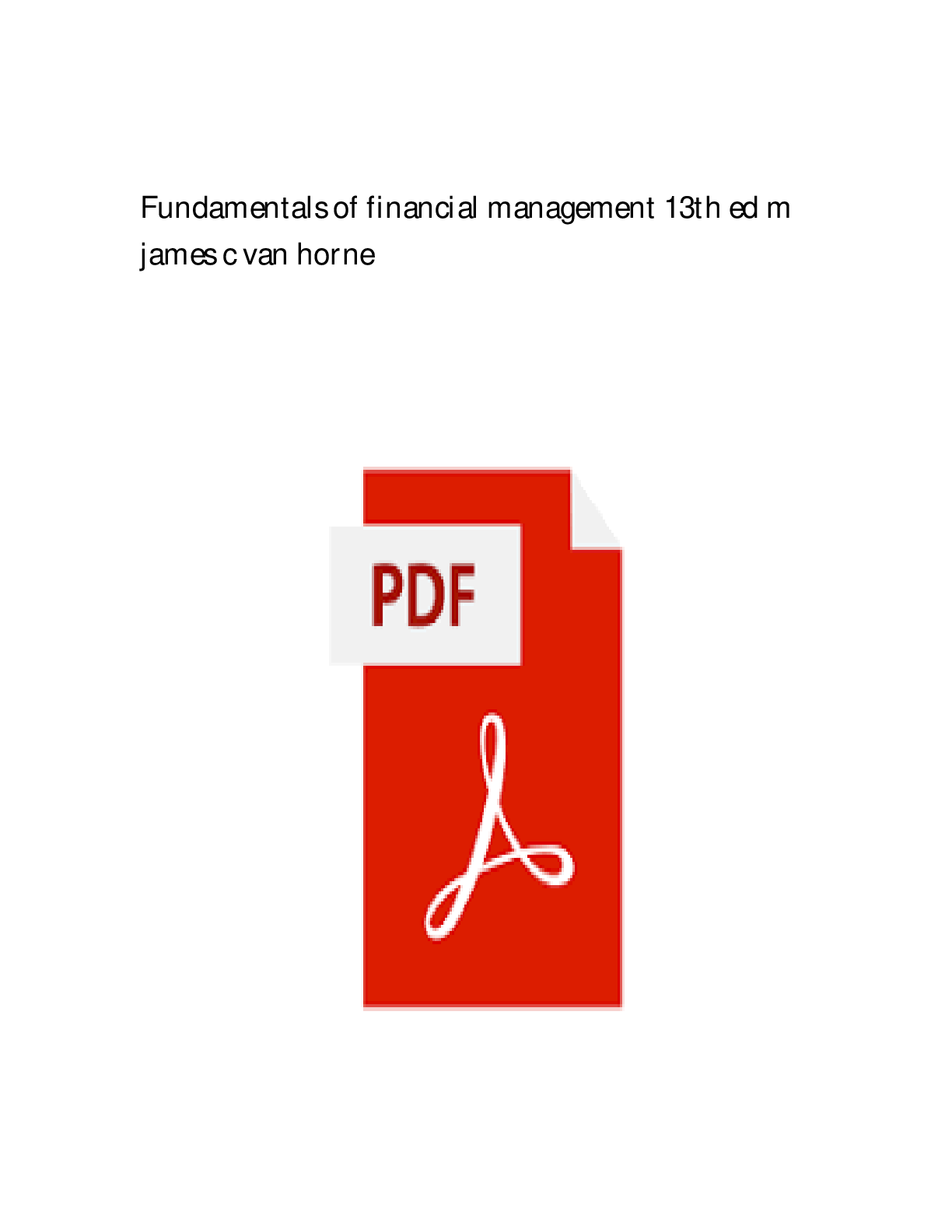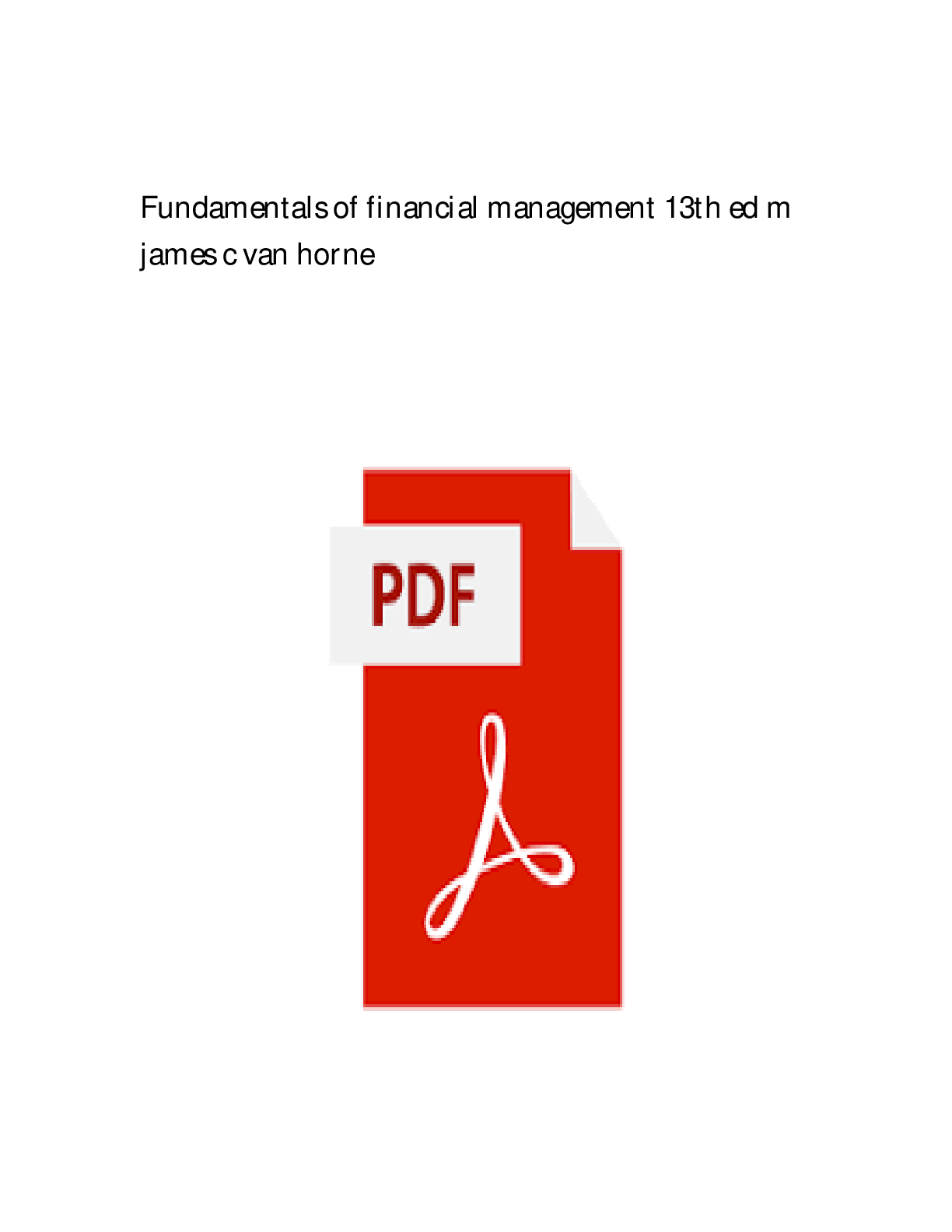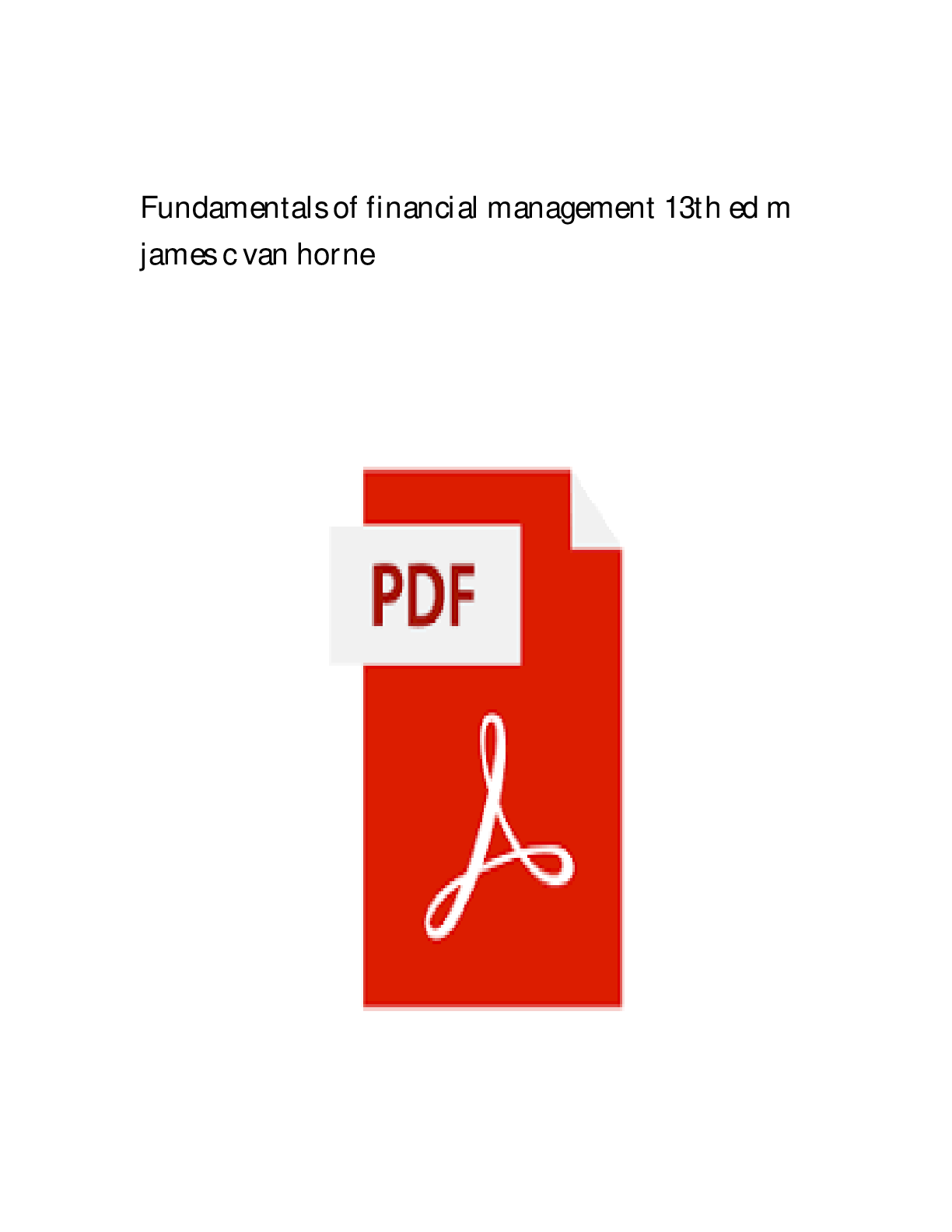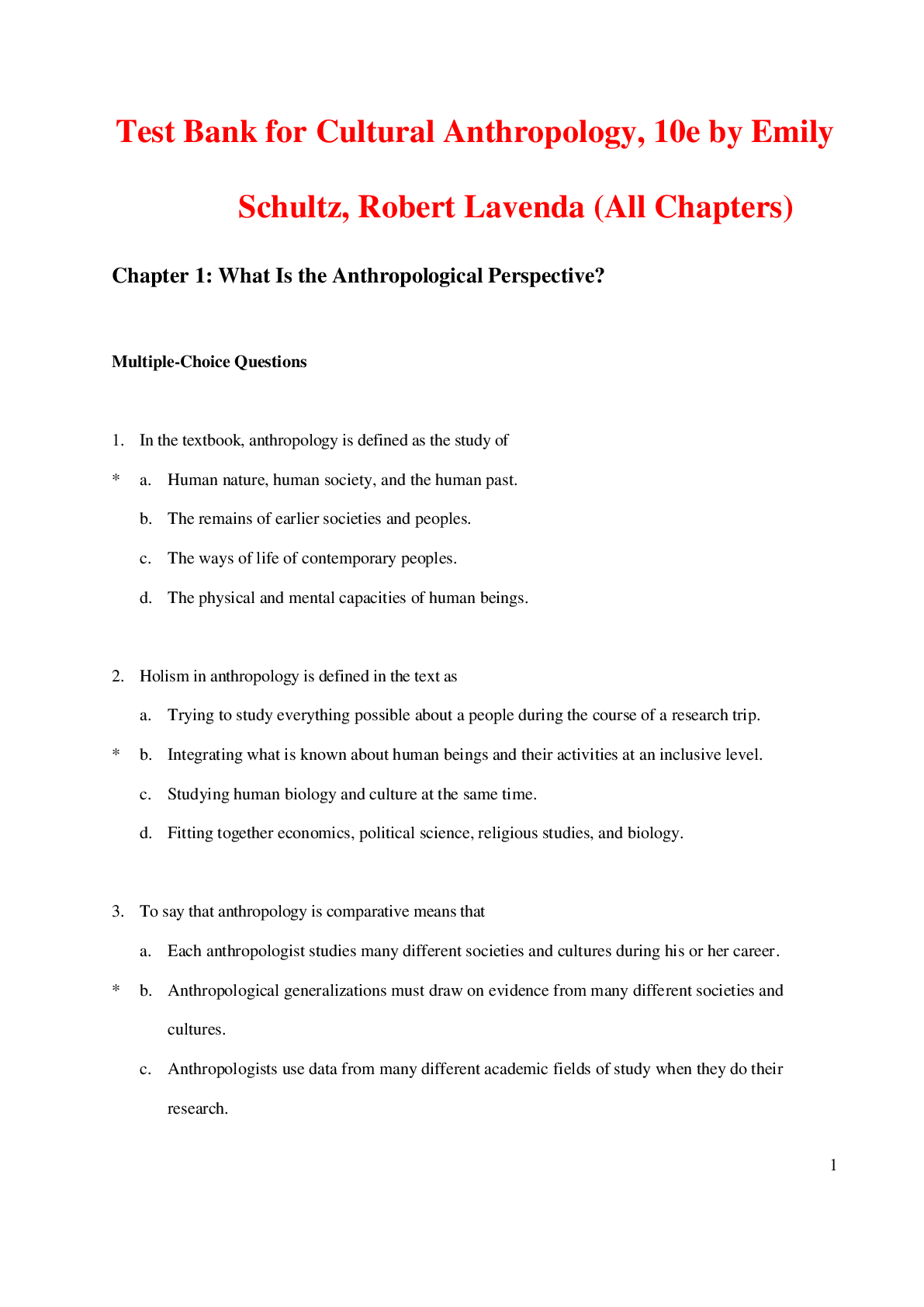1.What is the difference between ethics and morals?
a.Ethics is more concerned with the “why” of behavior.
b.Ethics provides a framework for evaluation of the behavior.
c.Ethics is broader in scope than morals.
d
...
1.What is the difference between ethics and morals?
a.Ethics is more concerned with the “why” of behavior.
b.Ethics provides a framework for evaluation of the behavior.
c.Ethics is broader in scope than morals.
d.Ethics concentrates on the right or wrong behavior based on religion and culture values.
ANS: A
Ethics are concerned with the basis of the action rather than whether the action is right or wrong, good or bad.
PTS: 1 DIF: Cognitive Level: Understanding REF: p. 12
OBJ: Nursing Process Step: General TOP: Ethics
MSC: NCLEX: Safe and Effective Care Environment
2.A patient’s wife has been informed by the practitioner that her spouse has permanent quadriplegia. The wife states that she does not want anyone to tell the patient about his injury. The patient asks the nurse about what has happened. The nurse has conflicting emotions about how to handle the situation. What is the nurse experiencing? a. Autonomy
b.Moral distress
c.Moral doubt
d.Moral courage
ANS: B
The nurse has been placed in a situation initially causing moral distress and is struggling with determining the ethically appropriate action to take. Moral courage is the freedom to advocate for oneself, patients, and peers. Autonomy is an ethical principle. Moral doubt is not part of the American Association of Critical-Care Nurses (AACN) framework. The 4A’s to Rise Above Moral Distress.
PTS: 1 DIF: Cognitive Level: Understanding REF: p. 12
OBJ: Nursing Process Step: General TOP: Ethics
MSC: NCLEX: Safe and Effective Care Environment
3.By what action can critical care nurses can best enhance the principle of autonomy?
a.Presenting only the information to prevent relapse in a patient
b.Assisting with only tasks that cannot be done by the patient
c.Providing the patient with all of the information and facts
d.Guiding the patient toward the best choices for care
ANS: C
Patients and families must have all the information about a certain situation to make an autonomous decision that is best for them.
PTS: 1 DIF: Cognitive Level: Applying REF: pp. 15-16
OBJ: Nursing Process Step: General TOP: Ethics
MSC: NCLEX: Safe and Effective Care Environment
4.Which ethical principle is most important when soliciting informed consent from a patient? a. Nonmaleficence
b.Fidelity
c.Beneficence
d.Veracity
ANS: D
Veracity is important when soliciting informed consent because the patient needs to be aware of all potential risks of and benefits to be derived from specific treatments or their alternatives.
PTS: 1 DIF: Cognitive Level: Understanding REF: p. 15
OBJ: Nursing Process Step: General TOP: Ethics
MSC: NCLEX: Safe and Effective Care Environment
[Show More]



